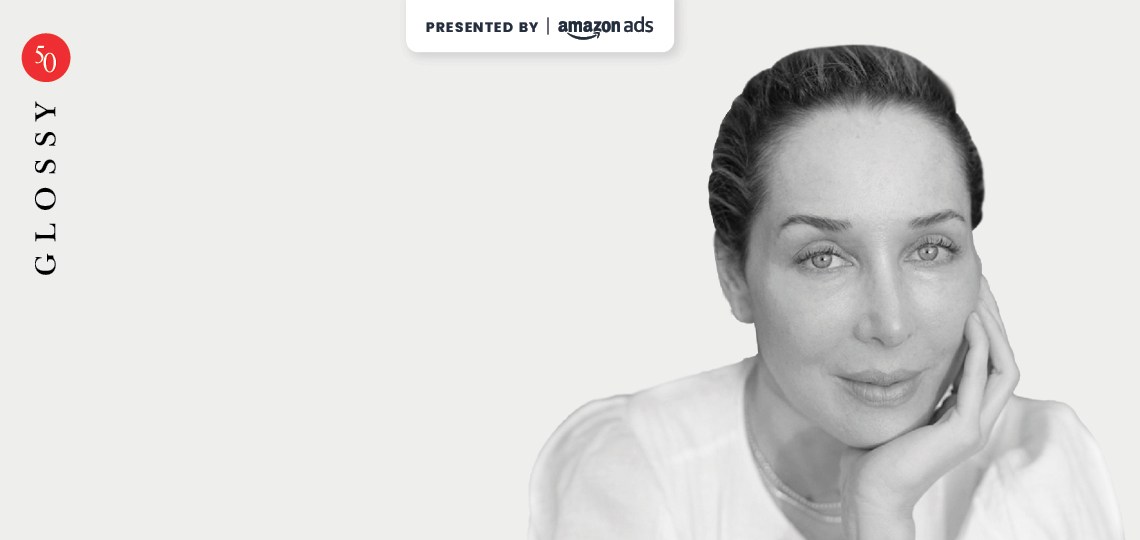The Glossy 50 honors the year’s biggest changemakers across fashion and beauty. More from the series →
The Dealmakers: The people making the industries’ most impactful deals
Tata Harper
Founder, Tata Harper Skincare
In September, Tata Harper had the kind of experience some beauty founders can only dream of: Her namesake brand, Tata Harper Skincare, was purchased by South Korean beauty giant The Amorepacific Group. (Financial terms were not disclosed.) The acquisition indicated to beauty insiders that the Group, known for its luxury skin-care portfolio of heritage brands like Amorepacific and Sulwhasoo, was eager for modernization.
For her part, Harper was not necessarily putting out press releases en masse that she was looking for a buyer. Though she had been approached by other strategic buyers to strike a deal over the years, she was much more interested in slowly cultivating her line on her own terms.
“I didn’t do it for money, I didn’t do it for fame, and I didn’t do it because I felt I was going to become a pioneer. If it didn’t work and was just for me, then I would have still been happy,” said Harper of launching the brand in 2010. “I just wanted to change all the things I didn’t like about the beauty industry.”
Those things included the perceived notion of luxury and the opaqueness of what goes into a product. “I didn’t like that I had to buy a huge, diamond-shaped jar with a formula that was so mysterious and that was considered luxury,” she said.
Harper’s road to building her non-toxic and sustainable brand began when her stepfather was diagnosed with cancer in the mid-2000s. Pure, better-for-you beauty formulations chock full of active ingredients were what she was after. Nevermind the preoccupation with “clean beauty” swirling around her.
“No one is quite on our bar,” said Harper of charting her own path. “We set a standard so high, and it’s shown that a brand like ours can be profitable and scalable. We proved it’s possible to do all these things and do it another way” she said.
Tata Harper Skincare has managed to remain a vertically integrated organization that takes two years to formulate products and distributes via a relatively tight retail network. Its sales channels include Sephora, Bluemercury, select department stores and the brand’s e-commerce site.
“We’ve always wanted to be in places where a serious skin-care consumer is, and we’re also super respectful of our partners and who they consider their competition,” she said.
Still, North America and Europe are not the only places where skin care aficionados are. “We just started dabbling in the Middle East and in Hong Kong. I’m excited to learn about India. These are places where I feel people are really hungry for skin-care knowledge,” she said.
And AmorePacific provides that global point of view that extends Tata Harper’s reach.
But beyond a seamless integration into the AmorePacific portfolio and, of course, global domination, Harper has big plans. 2023 will be dedicated to making packaging updates and renaming franchises, which should be impactful for the brand’s site, which accounts for 60% of sales. And 2024 and 2025 will be focused on expansions into color cosmetics and hair care, among other categories.
“Customers are shopping differently and looking to us for more; we have to be right there with them,” she said.
Instagram / Instagram / TikTok
Click here to see all 2022 Glossy 50 honorees.




